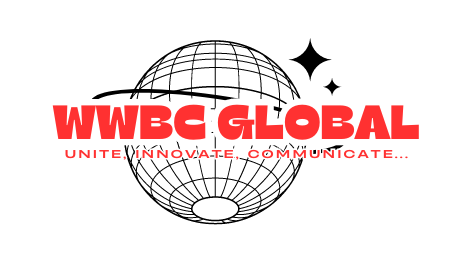Future- Proofing Businesses : Global Strategies for Navigating Industry Disruption
In today’s fast-paced and ever-changing global market, businesses are increasingly exposed to disruption from technological advancements, geopolitical changes, environmental challenges and shifting consumer behaviours. To flourish in this environment, companies must adopt future-proofing strategies that help them remain resilient and adaptable.
The pace of technological changes is unprecedented. Businesses need to stay ahead by continuously integrating emerging technologies such as artificial intelligence into their operations. According to a report by McKinsey, AI could deliver up to 13 trillion in additional global economic activity by 2030. Businesses that integrate AI could improve profitability rates by an average of 38%.
Traditional business structures often struggle to cope with rapid change. Research by Boston Consulting Group shows that adopting agile methodologies, companies have seen a 30% improvement in operational performance and 25% improvement in customer satisfaction. These can help companies to create flexible, cross- functional teams capable of responding quickly to new challenges.
Agile organizations focus on collaborations, short development and iterative improvements which allow them to pivot quicky when disruptions occur .According to Deloitte, 70% of organizations that adopted agile methodologies reported improved collaboration and faster time to market.
In a rapidly evolving marketplace, customer needs and preferences can change overnight. Future-proof businesses must prioritize customer- centric strategies, using data analytics to understand consumer behavior and personalize experiences. A report by Salesforce found that 84% of customers say being treated like a person, not a number is very important. Companies that maintain strong, adaptive relationships with their customers are better positioned to adjust their offerings in response to changing demand.
Building strategic alliances with other businesses, governments or non profits can help companies access new markets technologies and expertise. A study by Deloitte shows that 47% of global businesses rely on strategic partnerships lead to innovation and market expansion. Companies involved in joint ventures experience a 50% faster time to time market for new products.
To future-proofing against potential disruptions, businesses must actively engage in scenario planning. This involves identifying various risk factors from economic downturns to regulatory changes and preparing strategies foreach scenario.
In an era of constant disruption, future-proofing is no longer optional for businesses. By embracing technological innovation, adapting agile organizational models, companies can build resilience and prosper in the face of global challenges. Additionally, adopting these strategies ensures not only survival but also long- term growth and success in an ever- evolving business landscape.




